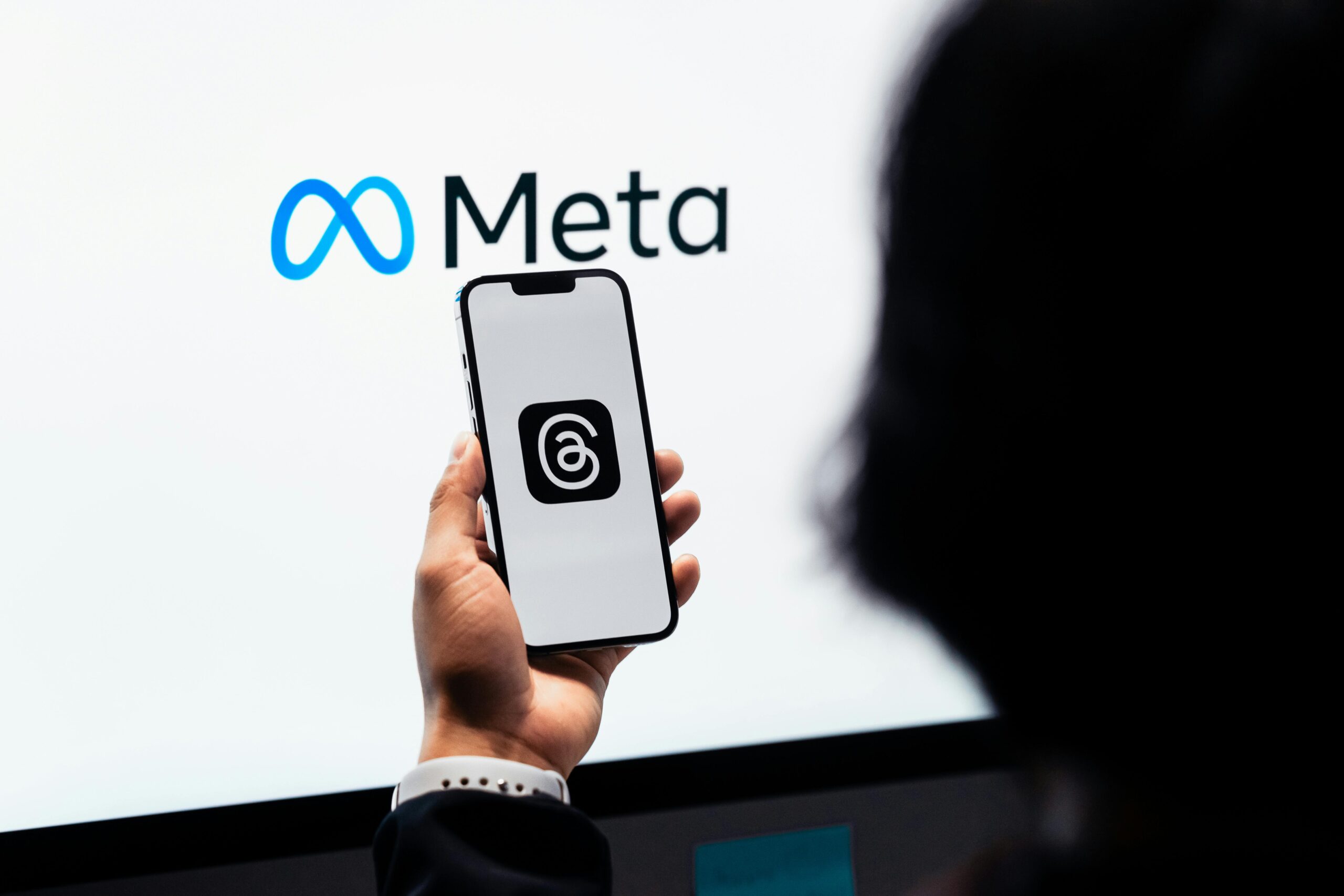Meta is contemplating the introduction of a subscription-based, ad-free experience for its users in the United Kingdom. This consideration follows a landmark legal settlement that has significant implications for user privacy and data protection in the region.
In a pivotal legal challenge, human rights campaigner Tanya O’Carroll successfully challenged Meta’s targeted advertising practices. Filed in 2022, her lawsuit alleged that Meta had breached UK data laws by using her personal data for targeted advertisements without proper consent. The case gained critical support from the UK’s Information Commissioner’s Office (ICO), which backed O’Carroll’s argument that users should have the right to object to their personal information being used for direct marketing.
The legal battle culminated in a settlement that saw Meta commit to stop using O’Carroll’s personal data for targeted adverts. This case potentially set a precedent for millions of UK social media users and their data privacy rights, compelling Meta to reconsider its advertising approach.
In response to this evolving regulatory landscape, Meta is exploring the possibility of offering UK users a subscription-based model that provides an ad-free experience on Facebook and Instagram. This model would be similar to the options already available to users in the European Union, where individuals can choose to pay for an ad-free experience. A Meta spokesperson stated that the company is “exploring the option” of offering a similar service in the UK and is engaging constructively with the ICO regarding this potential offering.
However, the company has emphasized that personalized advertising is what allows its platforms to be free to users. Advertisements have accounted for more than 96% of its revenue in its latest quarterly financial results. Introducing a subscription model could potentially impact this revenue stream, especially if a substantial number of users opt for the ad-free experience. Despite this concern, other social platforms including Snapchat, TikTok, and X (formerly Twitter) have also looked to ad-free options as a way to raise more money through subscriptions.
While specific pricing details for the prospective version have not been disclosed, insights can be drawn from Meta’s existing subscription models in the EU. Since October 2023, Meta has offered EU users an ad-free subscription starting at €5.99 ($6.44 USD) per month. This fee allows users to access Facebook and Instagram without advertisements, addressing concerns related to data privacy and targeted advertising.
The potential introduction of a subscription-based, ad-free model in the UK reflects a broader shift in the digital advertising landscape. Users are becoming increasingly aware of and concerned about how their personal data is utilized for targeted advertising. By offering a paid, ad-free option, Meta acknowledges these concerns and provides users with greater control over their online experience.
Meta’s consideration of a subscription model in the UK aligns with broader regulatory trends emphasizing user consent and data protection. The ICO has been proactive in advocating for users’ rights to object to their personal data being used for direct marketing. This regulatory environment encourages companies to explore alternative business models that prioritize user choice and privacy.
The digital industry is witnessing a trend where companies offer ad-free subscriptions as a response to growing privacy concerns and regulatory pressures. For instance, other tech giants have introduced similar models, allowing users to pay for an experience free from targeted advertisements. This approach not only addresses regulatory requirements but also caters to a segment of users willing to pay for enhanced privacy and an uninterrupted experience.
The advertisement model, dubbed “consent or pay,” has been growing in popularity amongst corporations but not the public. Users dispute the fairness of being asked to pay in order to not be flooded with ads.
They join a number of online service providers, such as publishers, to begin charging their users for services provided.
